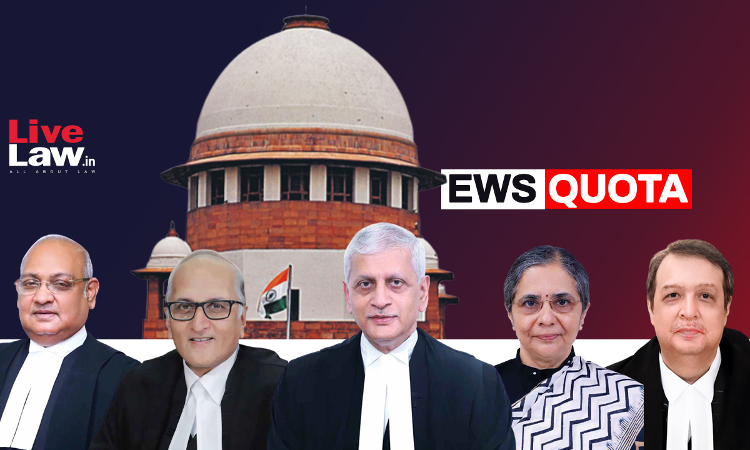The Supreme Court held that 103rd Constitution Amendment cannot be said to breach the basic structure of the Constitution by permitting the State to make special provisions in relation to admission to private unaided educational institutions.Constitution (103rd Amendment) Act, 2019The amendment inserted Clause (6) to Article 15 which reads as follows:(6) Nothing in this article or sub-clause...

